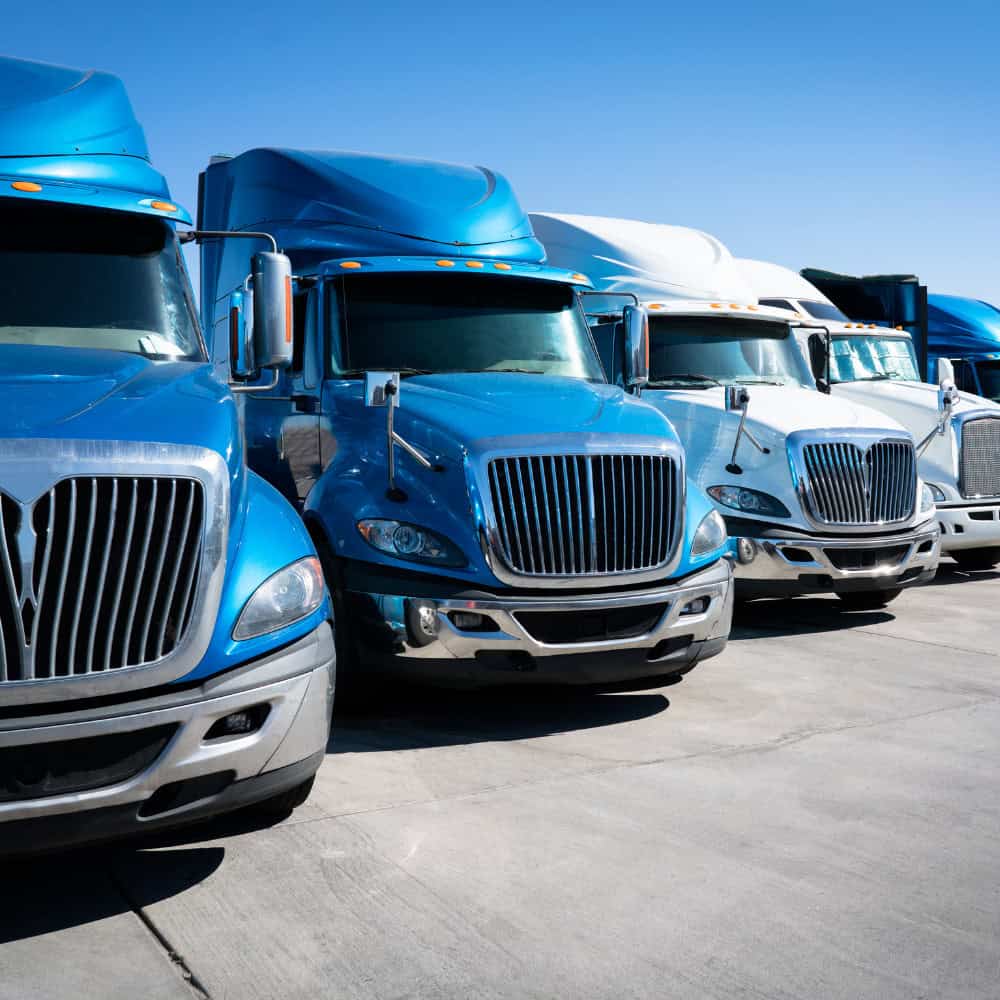Empowering Your Business
Equipment Loans
Advantages

Pay for equipment over time

Save capital to invest

Try equipment before you buy

Get capital from your equipment equity
Discover Your Equipment Financing Options
Lending Overview
The latest tech and equipment can help your business maintain a competitive edge, but it comes at a price. To better manage the upfront cost of valuable equipment, equipment loans and leases break it down into smaller payments over time. Equipment loans typically have terms of about 10 years while leases can be renewed for the life of the equipment. Leases may also include maintenance and repairs, which saves the business money and hassle. Equipment financing like sale-leasebacks and hard money loans let companies leverage the value of their existing equipment to boost working capital. A sale-leaseback lets the owner sell their equipment for a lump sum, while continuing to keep it in their workflow. They pay monthly or quarterly to the new buyer under a lease term. To discover which type of equipment financing is the best for your business, consult with a broker today.
Start Your Journey With Us
Get in touch today!
Strategic Funding Use for Business Growth
How to Effectively
Apply Funds
Equipment loans help businesses in every industry afford the tech and equipment they use everyday. Loans can be used for medical diagnostic machines, machine presses, copiers, telecom equipment, and software licenses. Instead of spending a large sum of capital upfront, businesses can invest that capital into high-yield accounts while utilizing a loan to cover the cost of the equipment purchase. Loans are best used when the equipment is built to last at least as long as the loan term, usually about 10 years. If the usable life of the equipment is less than 10 years, it’s typically advisable to lease instead.
Secure the Equipment Your Business Needs Efficiently
Flexible Equipment Loan Services

Loan
Most equipment loans have a 10-year term and cover the purchase price of new equipment. However, some loans cover the purchase of used equipment as well. Equipment loans are also used to refinance existing high-interest loans and free up capital to be reinvested in the business. Ask a broker for details.

Lease

